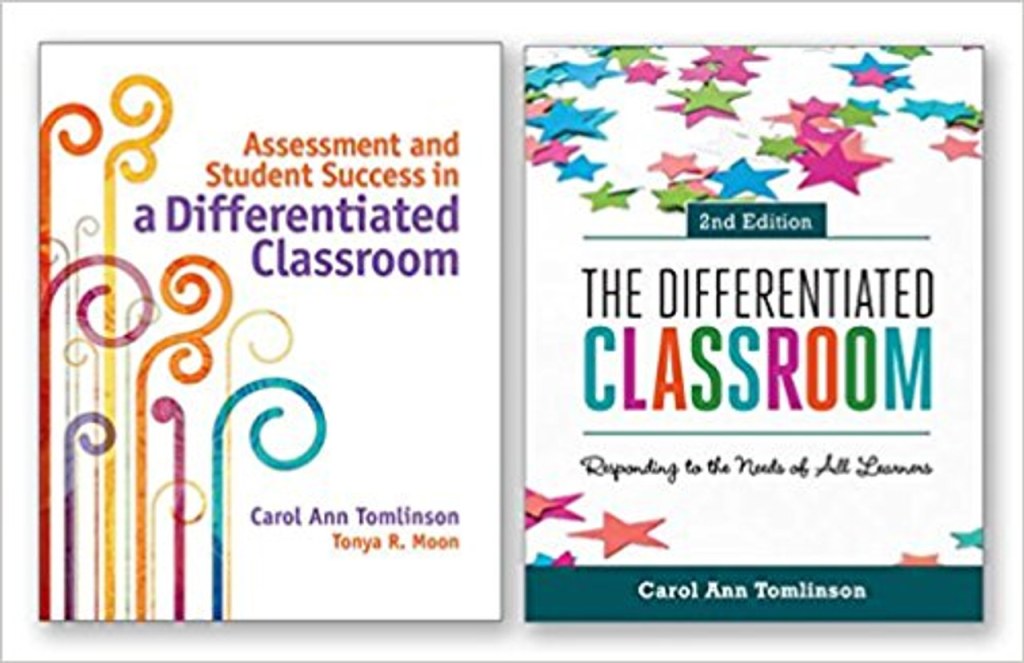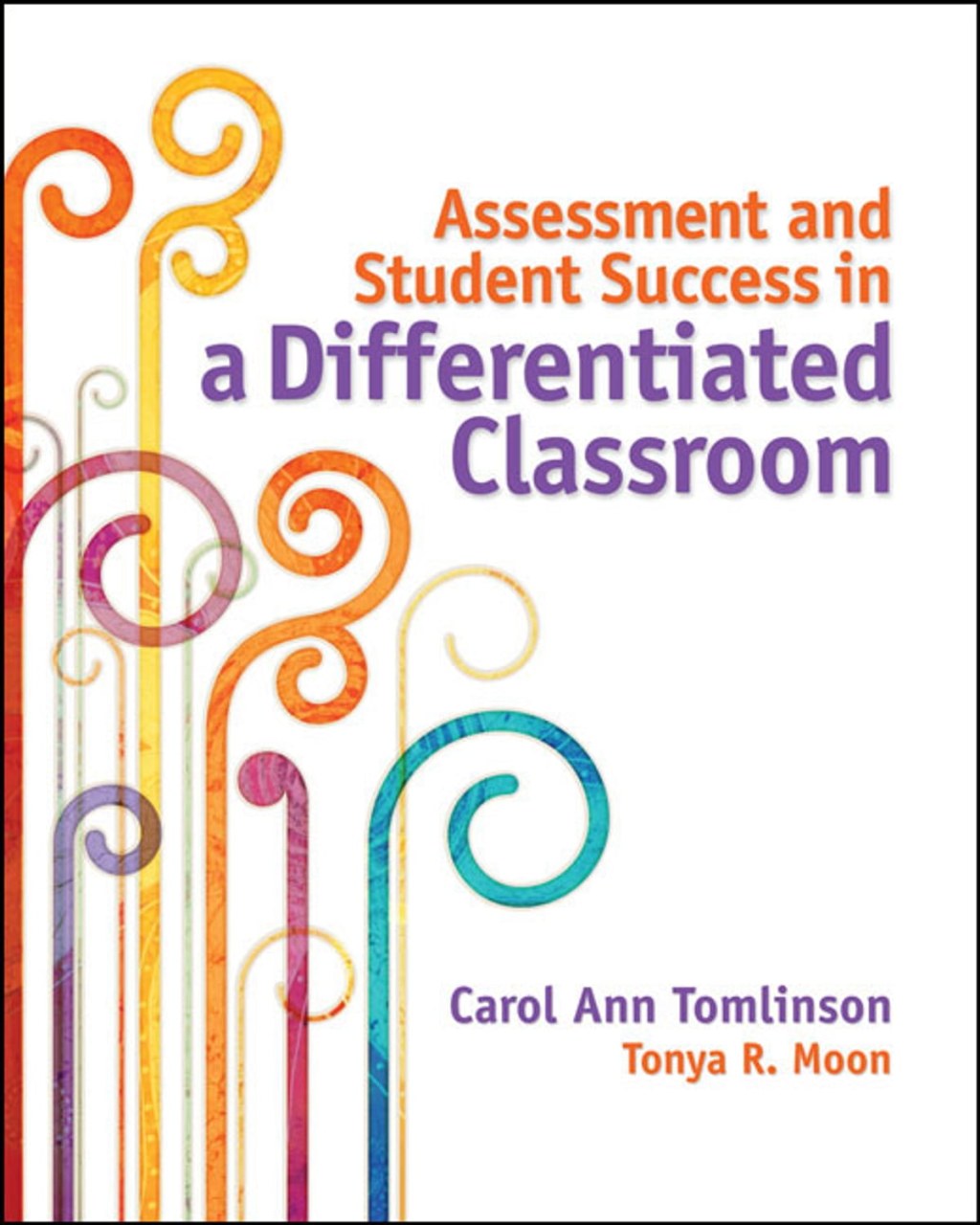Unlocking Student Success: Maximizing Assessment In A Differentiated Classroom For Optimal Results
Assessment and Student Success in a Differentiated Classroom
Introduction
Dear Smart People,
3 Picture Gallery: Unlocking Student Success: Maximizing Assessment In A Differentiated Classroom For Optimal Results

![Picture of: PDF] Assessment and Student Success in a Differentiated Classroom](https://marshallislandseducation.info/wp-content/uploads/2023/07/pdf-assessment-and-student-success-in-a-differentiated-classroom.png)

Welcome to this informative article on assessment and student success in a differentiated classroom. Education enthusiasts like you understand the importance of customized learning experiences to cater to the diverse needs of students. In this article, we will explore the various aspects of assessment in a differentiated classroom and how it contributes to student success.
Assessment plays a crucial role in the teaching and learning process. It helps educators gauge students’ understanding, identify areas of improvement, and provide targeted feedback. In a differentiated classroom, assessment becomes even more essential as it allows teachers to tailor instruction to meet the unique needs of each student. By assessing students’ abilities, preferences, and learning styles, educators can create personalized learning experiences that foster growth and achievement. Let’s delve deeper into the world of assessment and student success in a differentiated classroom.
What is Assessment in a Differentiated Classroom?

Image Source: bigcommerce.com
Assessment in a differentiated classroom goes beyond traditional methods of evaluating student performance. It involves a comprehensive approach that accounts for students’ diverse abilities, interests, and learning styles. In this context, assessment serves as a tool to guide instruction, measure growth, and promote student engagement.
Why is Assessment Important?
✨ Assessment helps educators understand students’ strengths and weaknesses, enabling them to tailor instruction accordingly. By identifying gaps in knowledge or skills, teachers can provide targeted interventions to support student growth.
![assessment and student success in a differentiated classroom - PDF] Assessment and Student Success in a Differentiated Classroom assessment and student success in a differentiated classroom - PDF] Assessment and Student Success in a Differentiated Classroom](https://marshallislandseducation.info/wp-content/uploads/2023/07/pdf-assessment-and-student-success-in-a-differentiated-classroom.png)
Image Source: cloudfront.net
✨ Differentiated instruction requires teachers to know their students well. Assessment provides valuable insights into students’ learning styles, preferences, and interests, enabling educators to design personalized learning experiences that optimize student engagement and success.
✨ Assessment fosters a growth mindset among students by providing regular feedback on their progress. It allows students to reflect on their learning, set goals, and take ownership of their education.
…
Advantages and Disadvantages of Assessment in a Differentiated Classroom
Advantages

Image Source: akamaihd.net
✅ Increased student engagement: Assessment in a differentiated classroom promotes active learning and engagement by catering to students’ individual needs and interests. Students become active participants in their education, leading to improved motivation and achievement.
✅ Tailored instruction: By assessing students’ abilities and preferences, teachers can tailor instruction to meet individual learning needs. This targeted approach ensures that students receive the support and challenges they require for optimal growth.
…
Disadvantages
❌ Time-consuming: Implementing assessments in a differentiated classroom can be time-consuming for both teachers and students. It requires careful planning, grading, and providing personalized feedback, which can be challenging, especially in larger class sizes.
❌ Resource-intensive: Differentiated instruction often requires additional resources, materials, and technology to cater to individual student needs. This can place a strain on limited school budgets and access to technology.
…
Frequently Asked Questions (FAQs)
1. How can teachers differentiate assessment in the classroom?
Teachers can differentiate assessment in the classroom by providing multiple types of assessments, considering student preferences and learning styles, and offering alternative methods for demonstrating understanding.
2. How does assessment promote student success in a differentiated classroom?
Assessment promotes student success in a differentiated classroom by providing valuable insights into individual student needs, allowing for personalized instruction, and fostering a growth mindset.
…
Conclusion
In conclusion, assessment is a vital component of student success in a differentiated classroom. It allows educators to personalize instruction, measure growth, and promote engagement. By acknowledging the diverse needs of students, assessment ensures that every learner has the opportunity to thrive.
Thank you for joining us on this journey to explore assessment and student success in a differentiated classroom. We hope this article has provided valuable insights and inspiration for your educational practices. Let us continue to prioritize the individual needs of our students and create inclusive learning environments that foster growth and achievement.
Final Remarks
Disclaimer: The information presented in this article is based on research and educational practices. It is important to adapt these strategies to suit the specific needs and context of your classroom. Always consult with fellow educators and professionals to ensure the best outcomes for your students.
This post topic: Classroom



